
Dear ICES friends,
We are delighted to present the latest issue of our bi-weekly newsletter.
Few relations are as crucial and valuable as the ones - past, present, and future - connecting
Europe and China. At ICES, we believe that regular knowledge-sharing can be the bedrock that empowers
mutually beneficial partnerships and the foundation for fruitful collaborations. Every first and
third week of the month, we highlight the latest developments and fresh ideas across various fields
to enhance cross-continental communication and understanding. We invite you to explore the key
news highlights, insights, and top event recommendations from the past two weeks.
The ICES' Takeaway from this Edition
The first month of 2026 has been a busy and tense one for international relations, and
certainly had an influence over Europe-China relations, with both sides occupied with their
other own regional and bilateral agendas.
The Greenland “crisis” between the USA and Europe eventually settled down – at least for the
time being – after President Donald Trump backtracked from his initial threats at the 2026 Davos
World Economic Forum. The provocation still prompted Europe to think seriously about reducing
its security and technology dependency on one of its oldest allies.
At the same
time, some signs could be found that Europe might be seeking closer engagement with China,
but more so at a bilateral level with EU member states as well as with the UK. On a broader
scale, the interactions between Beijing and Brussels remain lukewarm at best, and an
anticipated quick rapprochement between the EU and China has not happened yet. Indeed, the
newly proposed Cybersecurity Act has been denounced as protectionism by Chinese authority
and new Chinese tariffs have been imposed on European dairy products, albeit not as severe
as the ones announced in December.
The EU made some significant progress on
establishing closer partnerships with Global South countries and blocs, in line with the
EU’s broader strategy of diversification and derisking efforts, amplified by the current
divorce efforts with the USA, but which in effect often target China.
It is
important to note however that the latest surveys conducted by both ECFR and Global Times
reveal similar results on mutual public perceptions that are, perhaps counter-intuitively,
improving. The round table that ICES co-organised with Global Times in Brussels this month
on that very topic allowed for a frank and valuable discussion between European and Chinese
participants. The event highlighted the importance of such direct, face-to-face dialogue,
and identified elements of improvements to better understand each other.
It is
noted that enhancing mutual communication between Europe and China, with different
governance models, deep-rooted differences in history, culture, languages and ways of
thinking, remains a complex process, that is constantly in flux, and will keep on being
heavily influenced by geopolitical developments such as the ones we are currently
witnessing.
ICES wishes you a pleasant read of this edition!
NEWS ROUND
THE WEEKS' HIGHLIGHTS: PROGRESS & PITFALLS
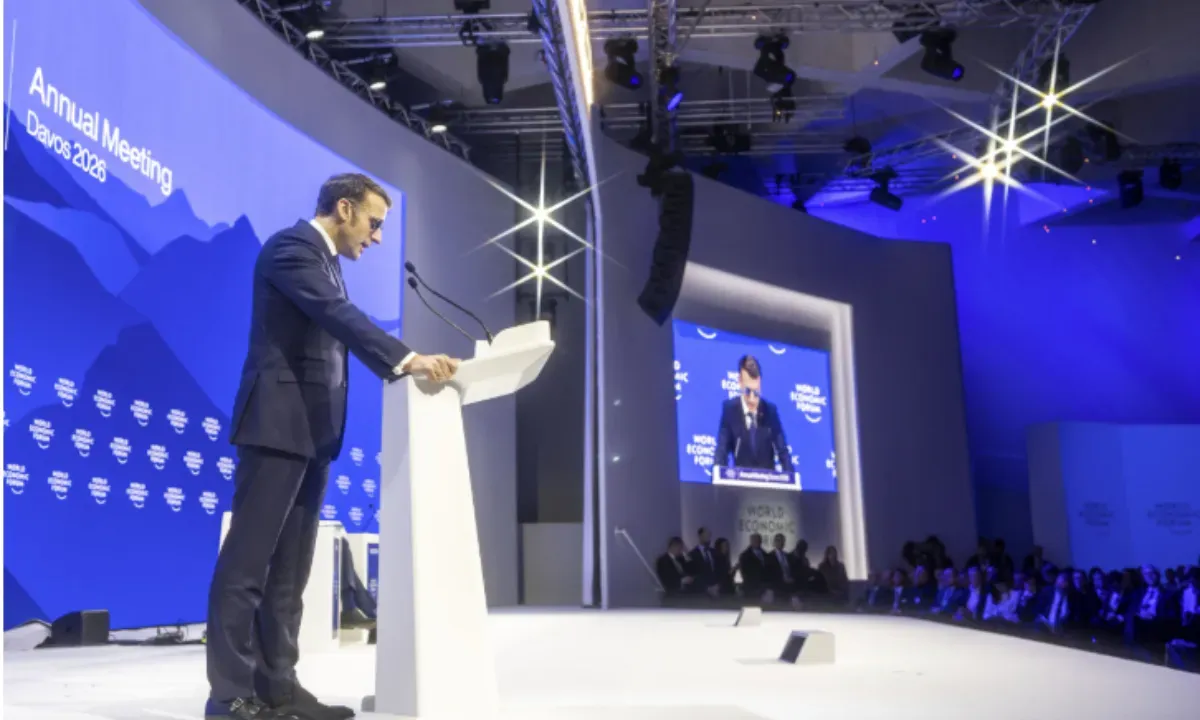
Macron calls for more Chinese FDIs at the WEF
WEF , Global Times
, January 21, 2026
At the 2026 World Economic Forum, the French President argued that more FDIs towards Europe from China would be beneficial, emphasising that China's presence was "welcome".
Brussels plans to force governments to block Huawei from 5G
Politico and Reuters
, January 19, 2026
The new proposed Cybersecurity Act from the European Commission would restrict Huawei (among others) from accessing critical telecom networks. In response, China's foreign ministry issued a statement calling such move "naked protectionism".
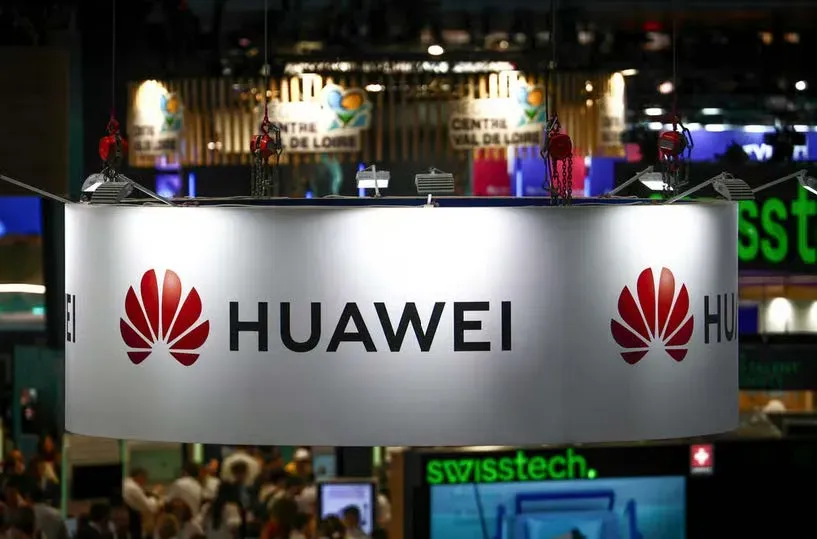
EU-CHINA RELATIONS
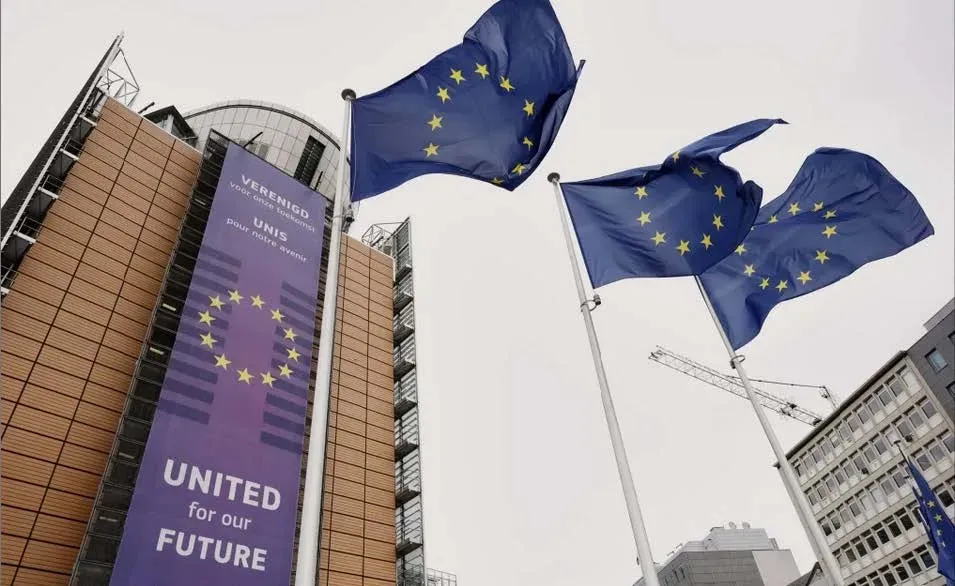
China’s charm offensive: Beijing bypasses Brussels in bid to soften EU trade push
SCMP, January 17, 2026
Even though the exchanges between Brussels and Beijing are still distant and defiant, China has used this new civil year to strengthen bonds with individual member states, with increased market access and visas.
UK approves massive Chinese embassy in central London despite security concerns
EuroNews, January 20, 2026
The new embassy, which construction had been delayed several times, has finally been greenlit by the UK after numerous comments from opponents to the project on the security risks it could represent.


Don’t expect Greenland crisis to realign EU with China, former US diplomat says
SCMP, January 20, 2026
According to a veteran US diplomat, the recent Greenland diplomatic crisis with the USA, while representing a very real strain for transatlantic relations, is unlikely to bring China and Europe closer.
Beijing pledges to defend tech crown jewels against EU cyber rules
Politico, January 21, 2026
Responding to Beijing’s comment on the Cybersecurity Act as naked protectionism, the European Commission replied that Europe had allowed “high-risk vendors” from outside the EU in strategic sectors for far too long.
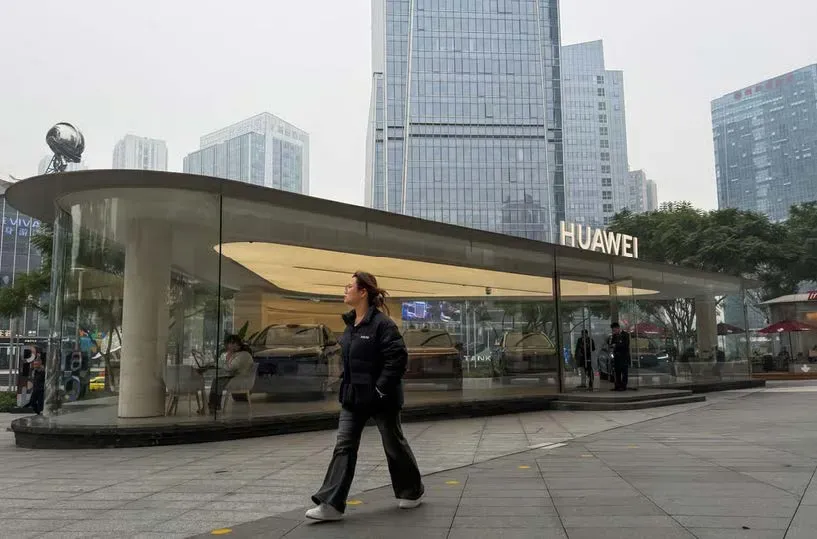
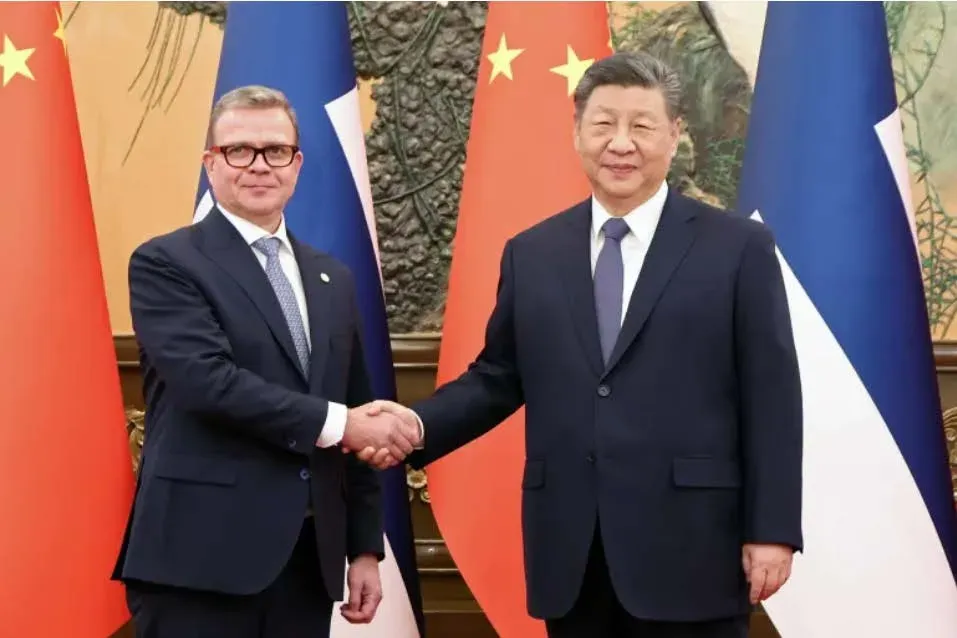
China’s Xi Jinping signals deeper ties with Finland during PM’s visit
Al Jazeera and FMPRC
, January 27, 2026
The Finnish Prime Minister met with Xi Jinping on January 27, discussing cooperation in energy transition, the circular economy, agriculture and forestry, and scientific and technological innovation, among others.
Keir Starmer meets Xi Jinping in Beijing to strengthen UK-China relations
Euractiv, FMPRC,
Politico,
BBC, January 29, 2026
Keir Starmer met with the Chinese President on the 29th. The Labour government had worked to rekindle the trade and investment relationship. President Trump criticised the meeting, describing business with China as “very dangerous”.
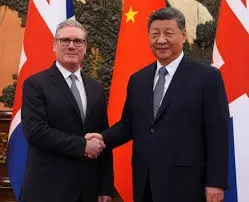
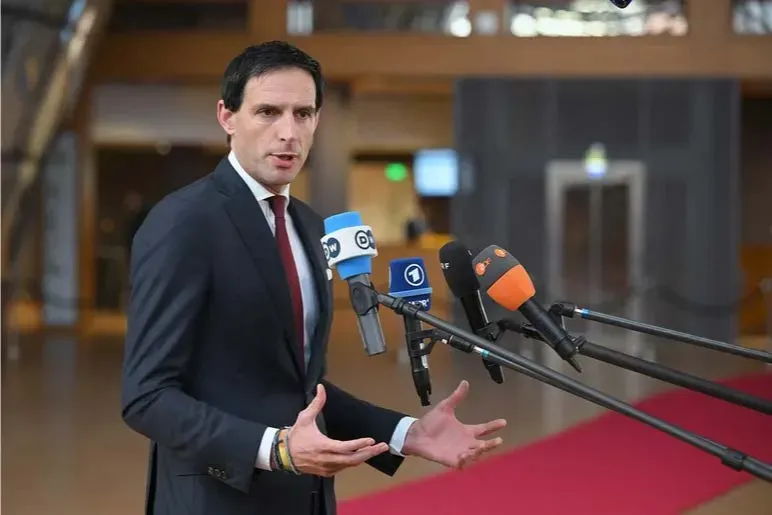
Trump’s Trade Barbs Won’t Push EU Closer to China, Hoekstra, Kallas Say
Bloomberg, Euractiv, January 29, 2026
According to the bloc’s climate chief, while relations with the USA are deteriorating, “Made in Europe” will remain a priority. This was echoed by Kaja Kallas, announcing the EU will not grow economically closer to China.
EU overtakes US as China’s top source of trade disputes, new data shows
SCMP, January 29, 2026
According to a Chinese trade body source, the EU is now the first bloc when it comes to trade disputes with China, mostly over materials found in semiconductors and rare earth magnets.
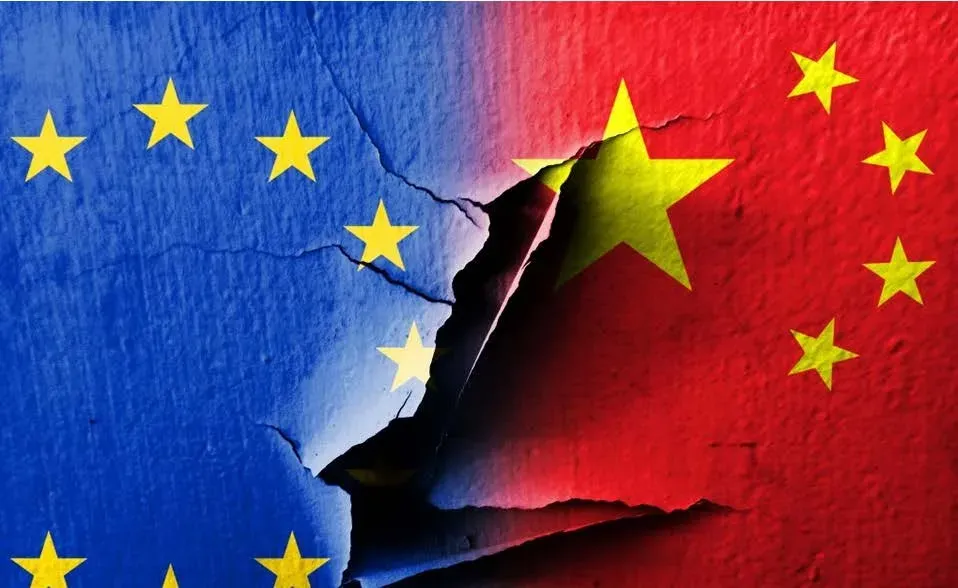
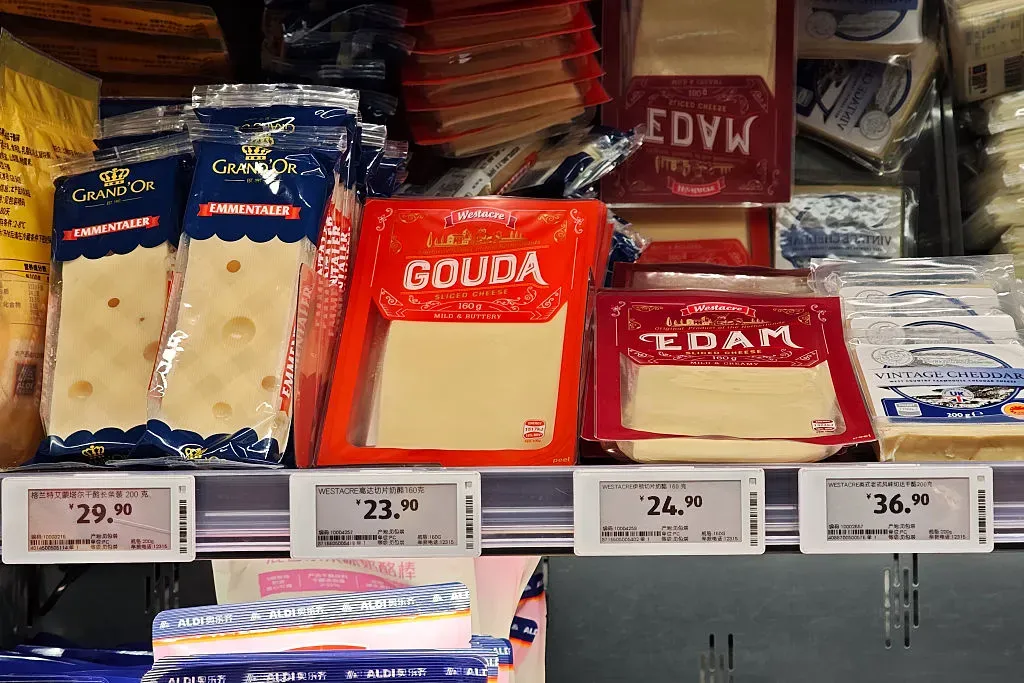
EXCLUSIVE: China slaps tariffs of up to 11.7% on EU dairy products
Euractiv, Reuters
, January 30, 2026
China will impose 11.7% duties on European dairy products as a result of its anti-subsidy investigation that was launched in August 2024, a cut from the initial 42.7% duties announced in December.
What’s wrong with an EU-China trade deal?
Euractiv, January 31, 2026
As Brussels increases trade relations with India, the current freeze in China-Europe trade appears less and less justified, as many of the reasons justifying lessened relations with China could be applied to India.
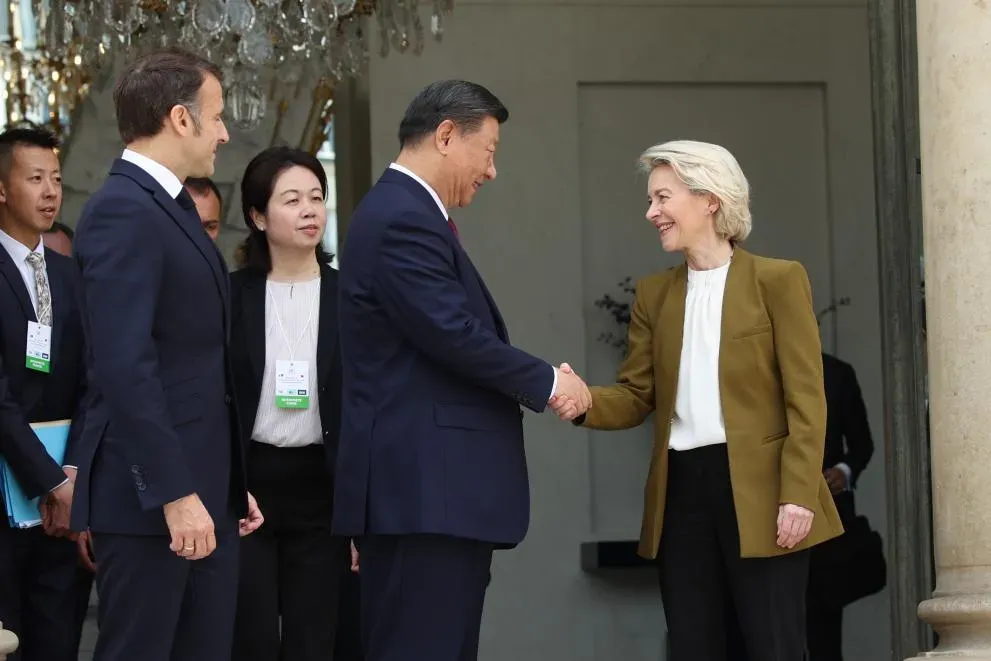
GLOBAL GOVERNANCE INSIGHTS SELECTED BY THE ICES
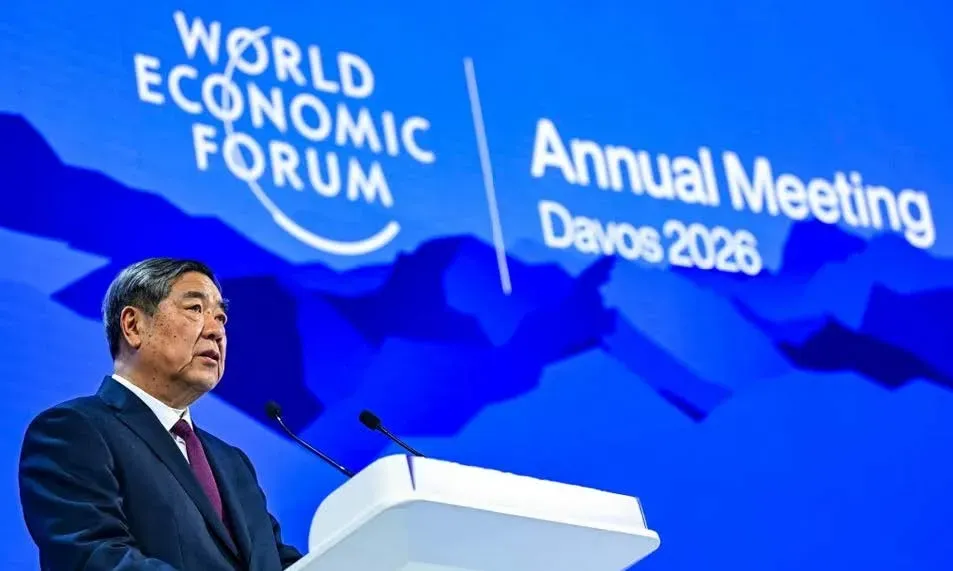
China’s He Lifeng warns against ‘law of the jungle’, blasts protectionism at Davos
SCMP, January 20, 2026
The main takeaway from China’s address at the World Economic Forum was its message to uphold cooperation, free trade, multilateralism and dialogue, in contrast to the isolated, interventionist American shift.
Special Address by President von der Leyen at the World Economic Forum
European Commission, January 20, 2026
Von der Leyen’s address made it clear that the EU was no longer optimistic when it came to the global order, and that this new uncertainty entailed reinforcing European independence.
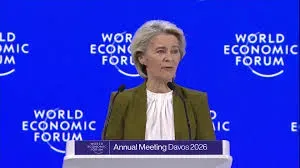
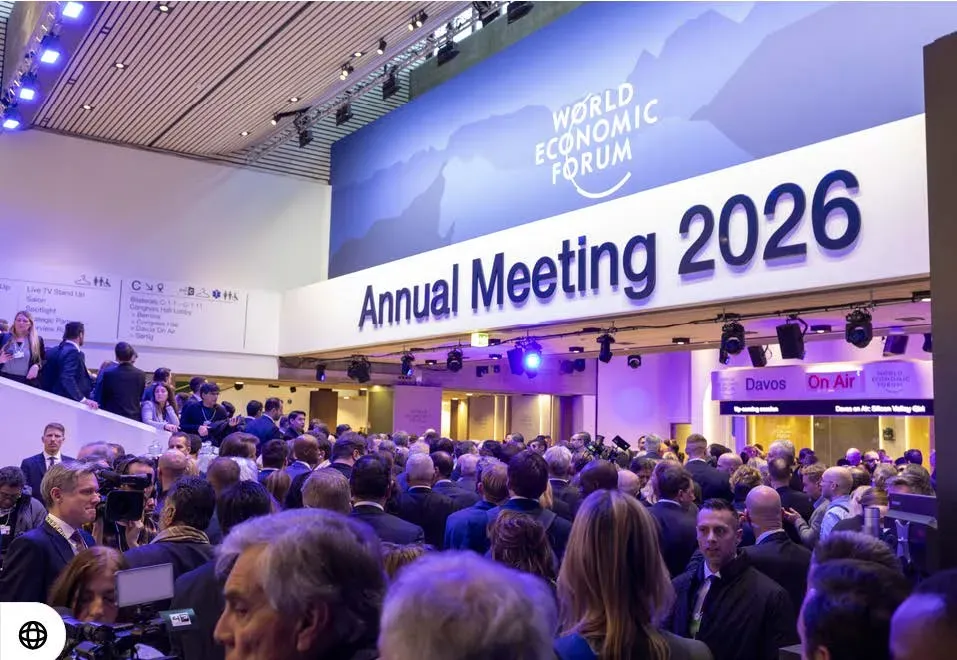
4 takeaways from Davos 2026: New deals, a reckoning, dialogue and more questions than
answers
WEF, January 23, 2026
The 2026 WEF’s summary highlighted the tensions surrounding the USA, the Global Risks Report 2026 with “geoeconomic confrontation” topping it, the need for dialogue, and the existential questions facing the world order.
ICES-NOTED REGIONAL ISSUES
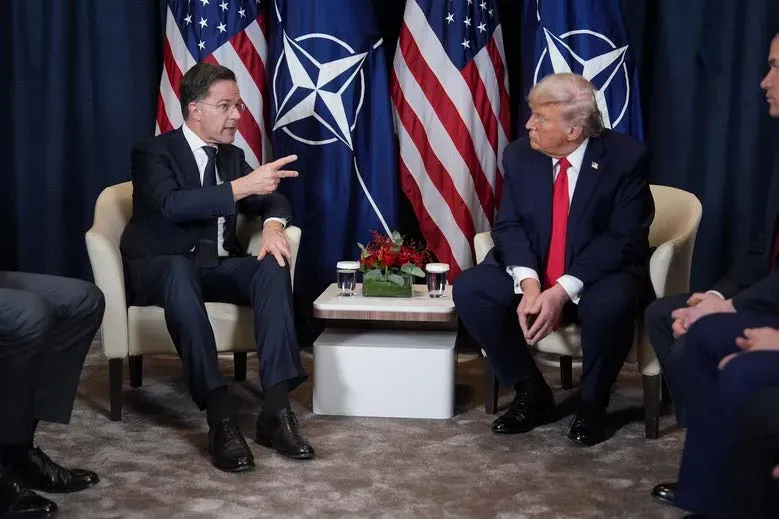
Trump says he won’t impose tariffs after reaching Greenland deal ‘framework’
Politico, January 21, 2026
Tensions over Greenland finally settled partially as President Trump announced that a Greenland framework with NATO had been agreed upon and that tariffs on European allies would not be applied.
EU-Mercosur trade deal stalled as MEPs send it for judicial review
Politico, January 21, 2026
After the European Parliament voted to send the Mercosur agreement to judicial review, the trade deal could be further delayed for up to two years.
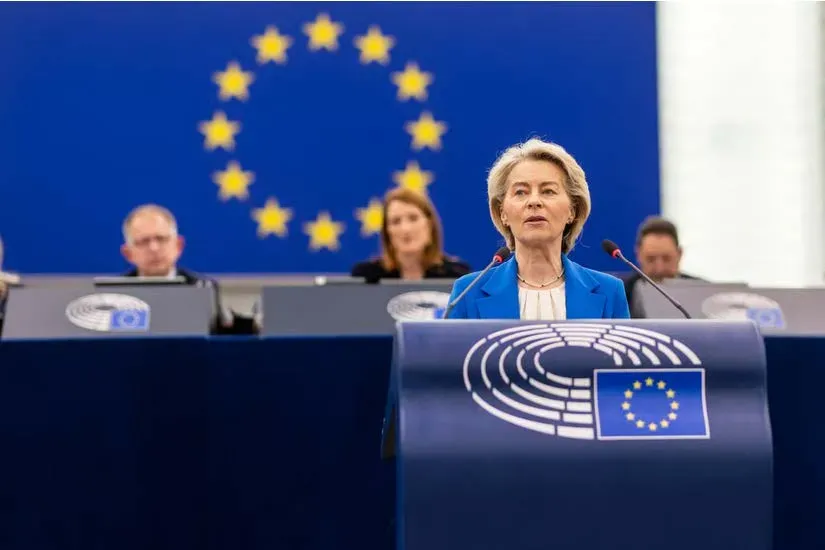

New US defense strategy downgrades Europe, elevates Greenland
Politico, January 24, 2026
While Greenland is now a “core homeland security concern”, Europe is described in the USA’s National Defense Strategy as having a smaller and declining share of global economic power.
HAINAN
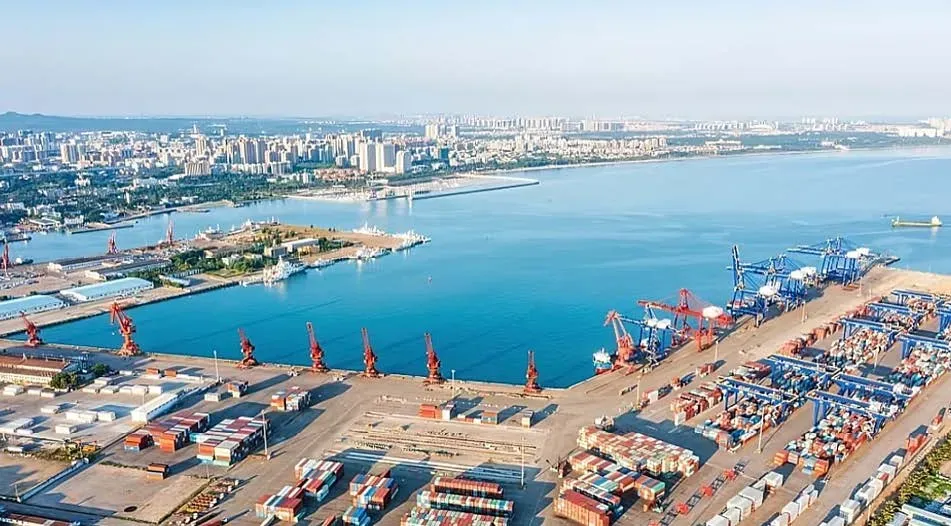
China’s Hainan Free Trade Port readies for record Spring Festival rush
CCTV, January 28, 2026
China’s tropical island province of Hainan is gearing up for a record-breaking Spring Festival travel rush, boosted by its new island-wide special customs operation.
WHAT CAUGHT OUR EYE: CURRENT RESEARCH AND COMMENTS
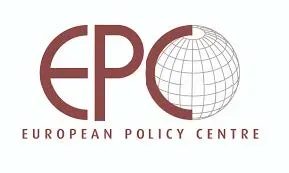
Clashing trilemmas in the United States and China will shape the global order
EPC, January 20, 2026
Marco Buti and Moreno Betoldi argue in a discussion paper for the EPC that while the USA and China are currently focusing on investment competition in key areas, Europe should focus on domestic consumption, internal savings and varied partners when it comes to free trade agreements.
Europe must retaliate against the US
EPC, January 20, 2026
For Varg Folkman, the recent provocations and threats by the USA towards Greenland and tariffs against European allies should have triggered a strong response from the European Union, both with retaliation tariffs and the activation of the Anti-Coercion Instrument.

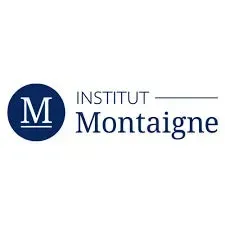
The U.S. Withdrawal from Multilateral Commitments: Implications for Global Governance,
Europe, and France
Montaigne Institute, January 21, 2026
For Sossi Tatikyan, the massive withdrawal of the USA from 66 international agencies, bodies, conventions and treaties on 7 January 2026 will have wide-ranging consequences for Europe, since collective governance will necessarily become more fragilised and less coherent or effective. The EU will, in turn, have to prioritise its normative goals and policies.
Scant benefits for significant risks: price undertakings for Chinese electric vehicles
entering Europe
Bruegel, January 22, 2026
For Alicia Garcia-Herrero at Bruegel, the Commission’s price undertaking proposal will likely only result in profits for Chinese manufacturers and higher costs for European consumers.

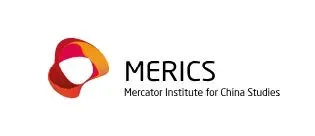
China and the dispute over Greenland + Trade deal with Canada + Population decline
MERICS, January 22, 2026
MERICS’s latest China Essentials publication looks at China’s careful comments over the diplomatic crisis that unfolded earlier this month over Greenland and its reinforced trade relationship with Canada, as the latter has become wary of the USA’s unstable trade moods.
Beijing’s “support for demand” is more about investment than consumption
MERICS, January 23, 2026
According to Jacob Gunter, the latest Central Economic Work Conference of 2025, which looks at economic priorities in 2026, shows the renewed impetus by the Chinese Communist Party to boost household consumption, but not only, as domestic consumption also depends on investment so that strong demand can be guaranteed.

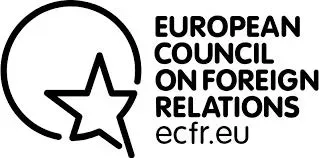
Don’t look down: How Europeans can escape China’s clean-tech gravity
ECFR, January 28, 2026
For Byford Tsang, the EU cannot solely rely on China for its clean-tech to ensure the energy transition. However, the diverging strategies to secure such tech in the bloc are hampering a coherent European vision, and consensus needs to be found quickly to reconcile economic security and climate ambition.
Do Public Perceptions Reflect the Realities of EU-China Relations?
ICES, January 29, 2026
Linsheng Hong looks at both the ECFR and Global Times’ reports on China-EU mutual perceptions and what we can learn from them. Overall, and perhaps counter-intuitively considering the rocky Brussels–Beijing exchanges, both surveys highlight the public’s generally more positive views towards each other.
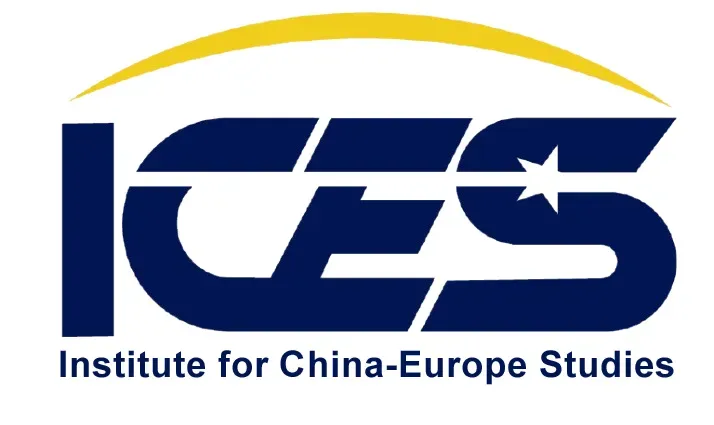
EVENS
Over the past two weeks, the ICES has actively participated in a series of events. We are delighted to share some of our insights:

ICES was honoured to host a round-table event in partnership with >Global Times on the 27th of January regarding GT’s latest EU-China Mutual Perceptions report, with high-ranking guests ranging from the Chinese Ambassador to the Kingdom of Belgium to Chinese media representatives, and local EU-China relations experts from think tanks, academia and diplomatic fields. Participants discussed the findings of the Global Times’ report and explored avenues of future cooperation between the EU and China.
On 22 January, Chatham House hosted a hybrid seminar with Ben Bland, Dr Yu Jie, James Kynge and Associate Professor Joseph Torigian to explore the role that China will take in the new world order, what its vision is, and how it aims to reach it. What remains to be seen is to which extent this new world order will rewrite the current institutions’ rulebook.

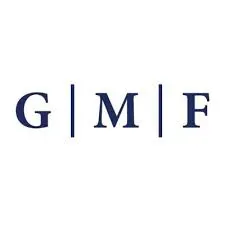
On the 22th of January, GMF looked at transatlantic relations in crisis with Peter Rasmussen, Martin Quencez, Georgina Wright and Ian Lesser, in a talk that made clear that the EU should prepare itself for more uncertainty in the future, and to become much more independent, both in trade and security from one of its oldest ally, namely the USA.
Bruegel hosted a hybrid seminar on January 19 with Joseph Dellatte, Alicia Garcia-Herrero, Barbara Glowacka, Ben McWilliams and Haoxin Mu exploring the current diverging strategies when it comes to green tech in the EU and China. While the former put a lot of emphasis on regulation, the latter has invested massively in its industry. According to speakers present, the EU would be ill-advised to try and compete on exports as the market is now saturated and dominated.

CONTACT WITH US
If you want to stay informed on our events and publications do not hesitate to visit our website and follow us on social media:
Linkedin: Institute for China-Europe Studies (ICES)
Website: ices-eu.org
If you are interested in publishing your article on our website, email us at: info@ices-eu.org info@ices-eu.org, with the Subject 'Article Submission_Name_Surname'.
Thank you for being a part of our newsletter community! We appreciate your continued support and engagement. Stay tuned for more exciting updates in our upcoming editions. If you have any suggestions or feedback, we would love to hear from you.
Please note that all news and views cited in this bulletin, if not otherwise indicated, do not represent the position of ICES.